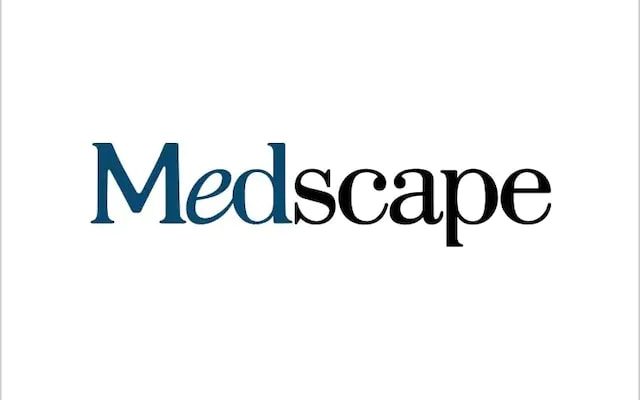(Reuters) – The European Union’s drug regulator on Thursday gave the green light to Pfizer Inc’s antiviral COVID-19 pill for treating adults at risk of severe illness, as the region scrambles to boost its arsenal to fight the Omicron variant.
The endorsement by the European Medicines Agency (EMA) for a conditional approval, if followed as usual by the European Commission, allows EU member states to deploy the drug after the regulator gave guidance for its emergency use late last year.
Italy, Germany and Belgium are among a handful of EU countries that have bought the drug, branded as Paxlovid.
The United States in December authorised Paxlovid and Merck’s similar drug molnupiravir.
EU health commissioner Stella Kyriakides said the bloc was now making good progress on lining up treatments, which she described as a second line of defence after vaccines.
“Paxlovid is the first oral antiviral for home use in our portfolio, and has the potential to make a real difference for persons at high risk of progression to severe COVID,” she said.
Merck’s pill is also under review in the EU, but is taking longer to approve because the company revised its trial data in November, saying the drug was significantly less effective than previously thought.
These oral drugs, especially Pfizer’s, are seen as promising new treatment options that can be taken at home at the onset of COVID-19 symptoms to help prevent hospitalizations and deaths.
“We are proud to have a strong manufacturing footprint in Europe, which will help support the production of up to 120 million courses of Paxlovid globally,” Pfizer Chief Executive Albert Bourla said in a statement.
Paxlovid, a two-drug antiviral regimen, was nearly 90% effective in preventing hospitalizations and deaths in patients at high risk of severe illness, according to data from the company’s clinical trial. Recent lab data suggests the drug retained its effectiveness against the Omicron variant as well.
In the trial however, it was only tested on unvaccinated individuals, raising questions on its potential use in high-risk patients who did get inoculated. EMA did not limit its endorsement to the non-vaccinated.
Germany ordered 1 million courses late in December. Health Minister Karl Lauterbach said on Jan. 2 he expected the country’s drug regulator to give a national emergency go-ahead before the end of the month and that rollout would start then.
Italy will receive 200,000 courses in February and has the option to buy an additional 400,000.
Source: Read Full Article
